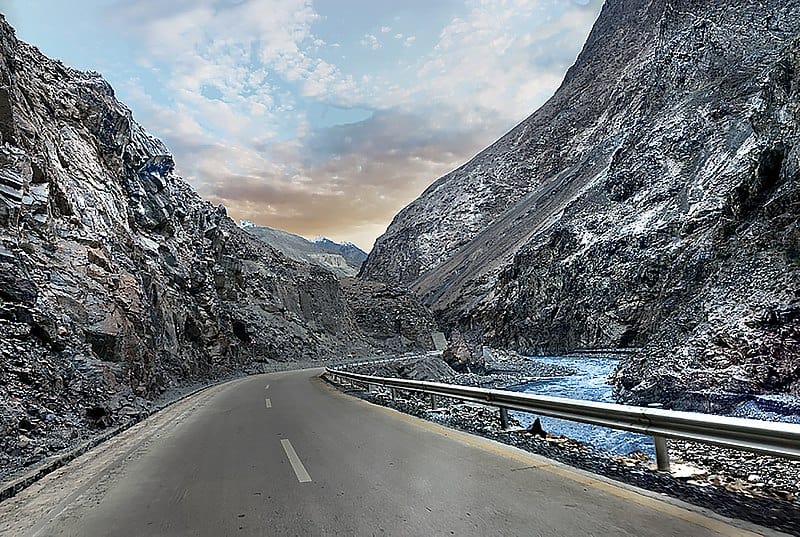The head of the Asian Development Bank has warned nations participating in Xi Jinping’s much vaunted Belt and Road initiative that borrowing for infrastructure projects could leave them heavily indebted to China.
ADB President Takehiko Nakao said that while the regional institution would cooperate with China to further Belt and Road initiatives when appropriate, participating nations needed to be wary of borrowing excessively for their infrastructure needs.
“If countries borrow too much for certain infrastructure without seriously looking at the viability and feasibility…it will bring more trouble in repayment,” said Nakao.
“We should look at debt sustainability issues very seriously.”
Nakao made the remarks at a press conference held at ABD’s headquarters in Manila on Thursday during its 51st annual meeting.
International Monetary Fund Managing Director Christine Lagarde expressed similar concerns last month at a conference held in China.
“In countries where public debt is really high, careful management of financing terms is critical,” said Lagarde. “This will protect China and partner governments from entering into agreements that will cause financial difficulties in the future.”
China’s Belt and Road Initiative seeks to create a pan-eurasian trading bloc that will span the historic Silk Route, entailing the creation of as much as USD$8 trillion in infrastructure.
While China is pushing for the type of rapid infrastructure development that has played such a pivotal role in its own economic ascent, observers point out that many other emerging economies may not be well positioned financially support such copious investment.
A report released by Washington-based think tank the Center for Global Development in March points out that 23 countries are at risk of debt distress in relation to Belt and Road infrastructure investment.
“There are some countries, most of whom are small and relatively poor, that face a significantly increased risk of a sovereign debt default if planned BRI projects are implemented in an expeditious manner and financed with sovereign loans or guarantees,” said the report.
The report outlined a total of eight countries that are of “higher concern,” including Laos, Maldives, Pakistan, Mongolia, Tajikistan and Kyrgyzstan.
Many other observers have expressed trepidation about the Belt and Road initiative, including EU ambassadors in Beijing who recently signed a letter attacking the project, on the grounds that it undermines transparency and primarily serves to further China’s strategic interests.
Last year Brahma Chellaney from the New Delhi-based Center for Policy Research also mounted the argument that Belt and Road actually a form of “creditor imperialism” which seeks to “shackle” participating nations and gain access to their natural resources.
Related stories
EU Ambassadors Express Near Unanimous Opposition to Belt and Road
Is China Using One Belt One Road to Engage in “Creditor Imperialism?”


